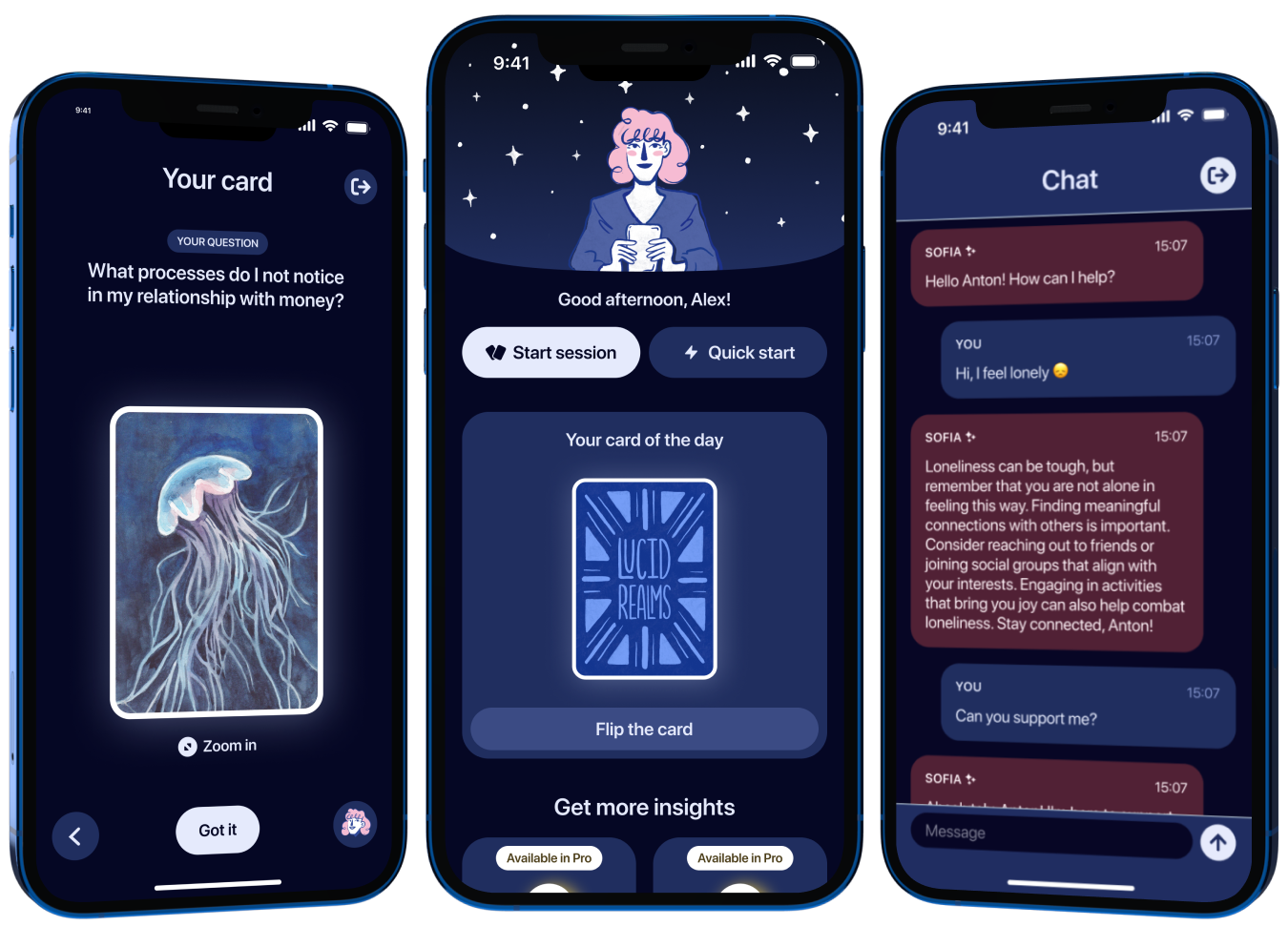We use cookies to give you a tasty experience!
Cookie Settings
We use cookies and data to:
Deliver an excellent service
Track outages and issues
Protect against spam, fraud and abuse
Measure site statistics to enhance the quality of our services
By continuing to browse our site, you’re agreeing to our use of cookies.
Deliver an excellent service
Track outages and issues
Protect against spam, fraud and abuse
Measure site statistics to enhance the quality of our services
By continuing to browse our site, you’re agreeing to our use of cookies.
The Fascinating World of Neuroscience
Neuroscience is the study of the nervous system, including the brain, spinal cord, and neural networks. It is a captivating field that has seen tremendous growth in recent decades as new technologies have allowed researchers to study the brain in unprecedented detail.
Some key topics in neuroscience include:
The brain remains deeply mysterious in many ways. But new breakthroughs continue to reshape our understanding of how the brain works. Neuroscience is an exciting field that bridges biology, psychology, medicine, engineering, and computer science. The emerging discoveries offer insight on what makes us human and hold promise for breakthrough treatments of neurological and mental health disorders.
Some key topics in neuroscience include:
- Brain anatomy and physiology - Neuroscientists study the structures and functions of different parts of the brain and how they interact with the rest of the nervous system. Key topics include neuroanatomy, neurotransmitters, brain development, and neural circuits.
- Cognition and behavior - This area examines how neural activity gives rise to cognition and behavior. This includes perception, attention, memory, language, emotion, consciousness, and decision making. Technologies like MRI and EEG allow researchers to correlate brain activity with mental processes.
- Neurological disorders - Understanding how the brain functions normally sheds light on what goes wrong in neurological and mental health disorders. Major disorders studied include Alzheimer's, Parkinson's, depression, schizophrenia, autism, and addiction. This research aims to uncover causes and develop treatments.
- Neurotechnology - Engineers and scientists are developing technologies that interact with or monitor the brain. Examples include neural prosthetics, brain-computer interfaces, deep brain stimulation, and artificial intelligence applications for analyzing neural data. These technologies hold promise for helping people with disabilities.
- Computational neuroscience - This field uses computational models and statistics to better understand how neural networks in the brain process information and support cognition. The modeling provides insights on how neurotransmitters, neurons, and neural circuits work together.
The brain remains deeply mysterious in many ways. But new breakthroughs continue to reshape our understanding of how the brain works. Neuroscience is an exciting field that bridges biology, psychology, medicine, engineering, and computer science. The emerging discoveries offer insight on what makes us human and hold promise for breakthrough treatments of neurological and mental health disorders.





